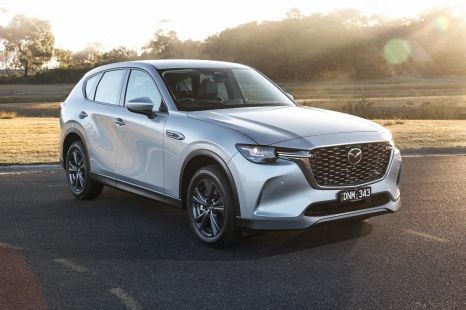

Josh Nevett
3 Days Ago
After announcing new plants in Brazil, Hungary and Thailand, BYD is now looking at a Mexican plant that could help it crack the US market.

News Editor
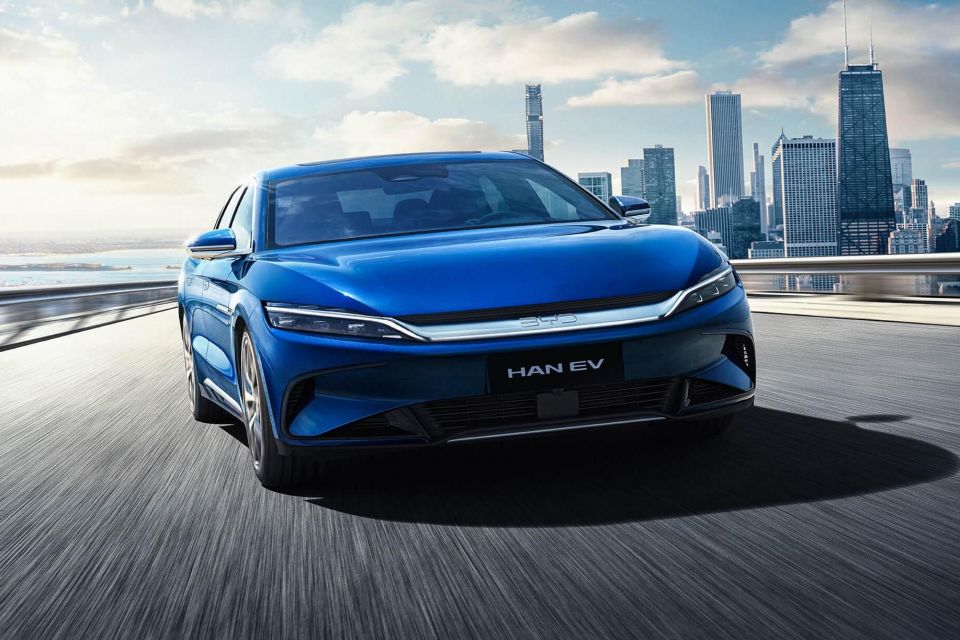

News Editor
BYD is rapidly expanding its global presence, and it has the huge North American market in its sights.
After confirming late last year it would open its first European plant in Hungary, BYD is now eyeing a Mexican plant that could allow it to crack into the US market, the world’s second largest.
BYD Mexico head Zhou Zou told Nikkei that the company has launched a feasibility study for a Mexican plant. It’s negotiating with federal and local government officials over a location.
The executive reportedly called Mexico a key market with vast potential. BYD only entered the market in 2023, and offers the electric Dolphin, Seal, Yuan Plus (Atto 3), Han and Tang, plus the plug-in hybrid Song Plus.
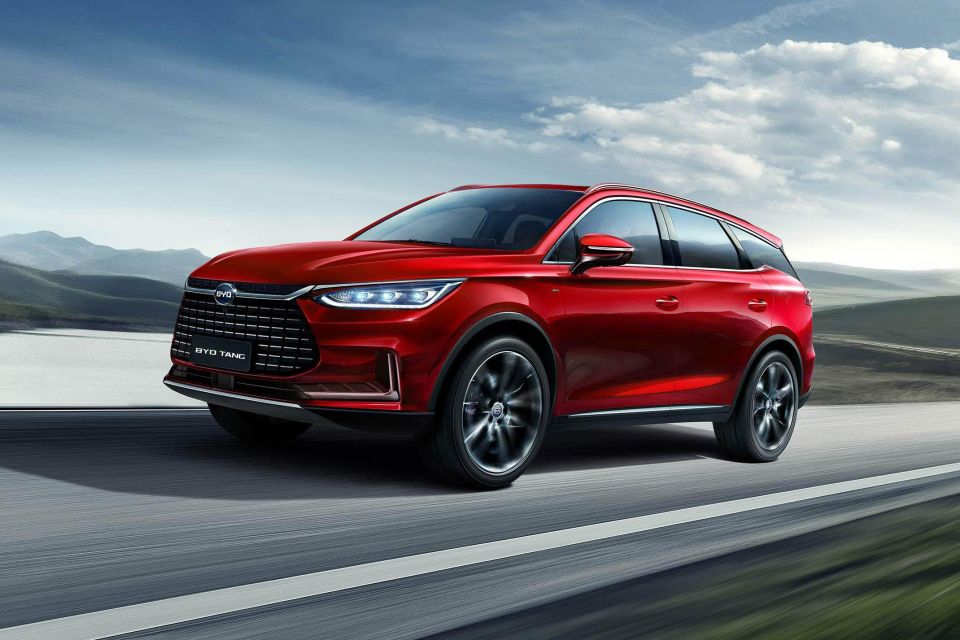
He also noted overseas production is crucial to building a global brand. In the fourth quarter of 2023, BYD beat Tesla for the first time in global electric vehicle (EV) sales volume, but last year 92 per cent of the brand’s sales were in China.
By building a plant in Mexico, BYD can lower export costs to the US. It can also potentially circumvent a 27.5 per cent tariff on Chinese-made goods by building its vehicles in Mexico with 75 per cent of content sourced from within North America.
Its EVs could still miss out on federal tax incentives in the US, however.
After the passing of the Inflation Reduction Act in the US, EVs can only qualify for US$7500 (A$11,627) federal tax incentives if they’re built in North America along with their batteries. Vehicles with 50 per cent of its components made or assembled in North America qualify for a US$3750 (A$5813) credit.
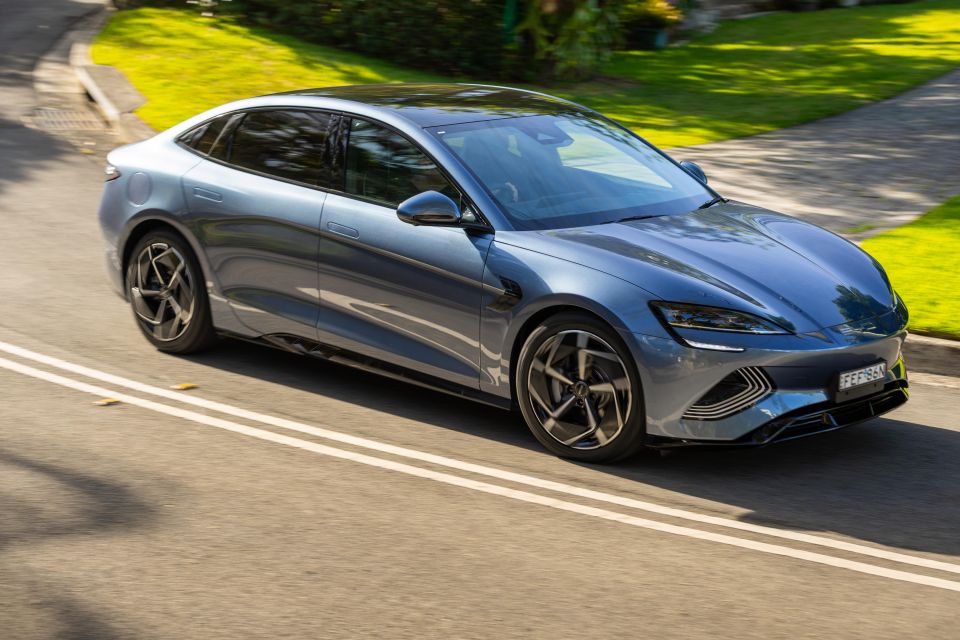
But the US Government late last year announced a proposed rule to bar any EV from receiving the tax credit from 2024 if it contains any battery components made by a “foreign entity of concern” (FEOC), which includes China.
This would extend to vehicles with certain concentrations of battery minerals mined or processed by a FEOC from 2025.
The percentage would increase annually until 2029, where 100 per cent of battery components would need to be made or assembled in North America.
In addition, any company that is owned by, controlled by, headquartered in, incorporated in or performing the relevant activities in an FEOC wouldn’t receive tax break eligibility for its EVs.
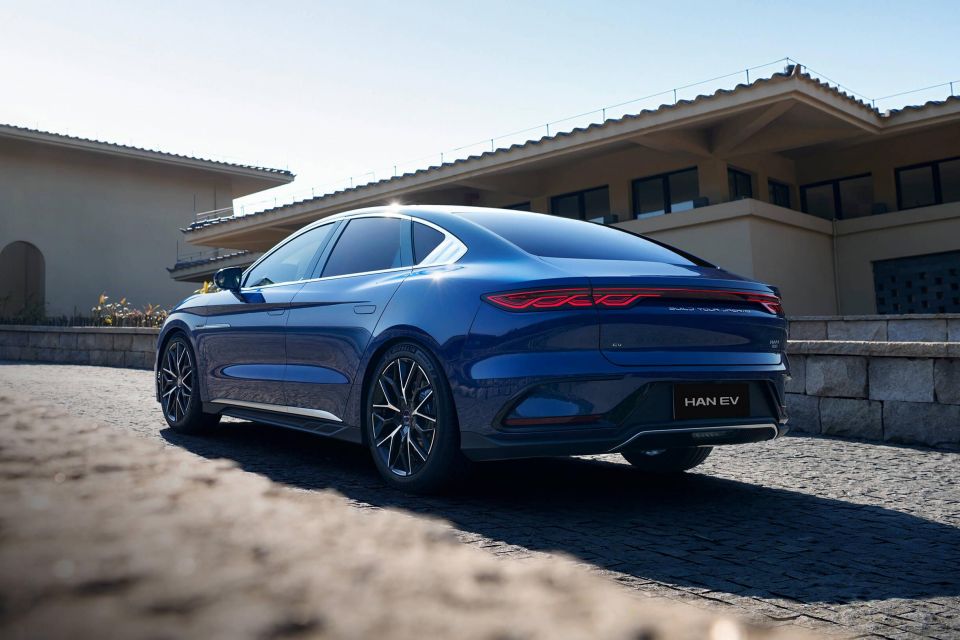
On top of this, vehicles would be ineligible for tax credits if any parts or minerals are produced by a company that has more than 25 per cent ownership or board seats held by an FEOC.
In addition to building cars in its home market of China, BYD will start production in Thailand this year and has confirmed it’s opening a plant in Hungary. It also plans to build EVs at an ex-Ford site in Brazil.
“The introduction of cheap Chinese autos – which are so inexpensive because they are backed with the power and funding of the Chinese government – to the American market could end up being an extinction-level event for the U.S. auto sector,” according to a report by the industry group Alliance of Automotive Innovation.
Tesla CEO Elon Musk has also said Chinese carmakers will “demolish” global rivals if there are no trade barriers in place.
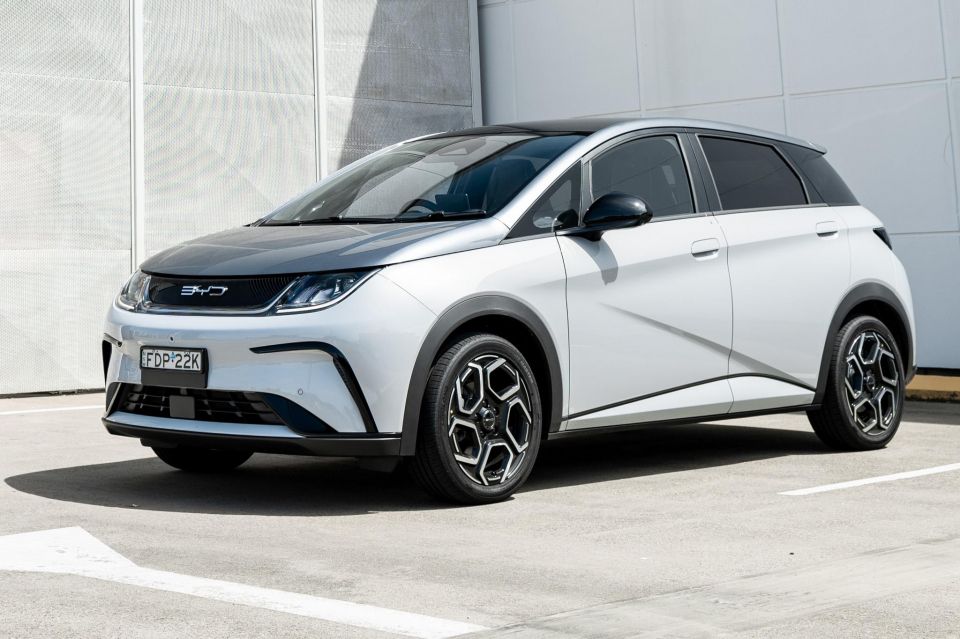
No Chinese brands sell vehicles in the US market, unless you count Geely-owned Volvo and Polestar. There’s also a handful of Chinese-built vehicles from brands like Buick and Lincoln.
It’s a different story south of the border. MG, Chery, Changan and JAC all sell vehicles in Mexico, and El Financiero reports more than 120,000 Chinese vehicles were sold in Mexico in 2023 – up 60 per cent on the previous year, and accounting for just under nine per cent of the total market.
Mexico is brimming with car factories, some of which build cars for Australian consumption. The Australian-market Audi Q5 and BMW 2 Series, for example, hail from Mexico.
Other companies with factories in Mexico include Ford, General Motors, Mazda, Stellantis and Volkswagen. Tesla has also announced its plans to build a factory there.
Take advantage of Australia's BIGGEST new car website to find a great deal on a BYD.
William Stopford is an automotive journalist based in Brisbane, Australia. William is a Business/Journalism graduate from the Queensland University of Technology who loves to travel, briefly lived in the US, and has a particular interest in the American car industry.


Josh Nevett
3 Days Ago
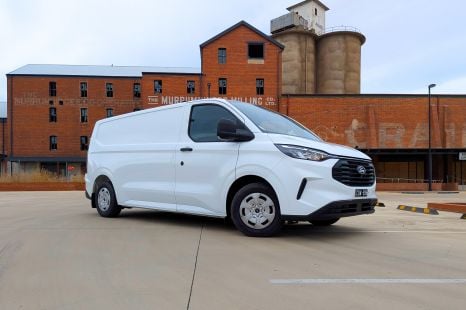

William Stopford
3 Days Ago
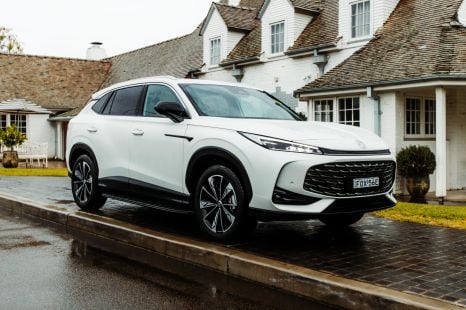

James Wong
1 Day Ago
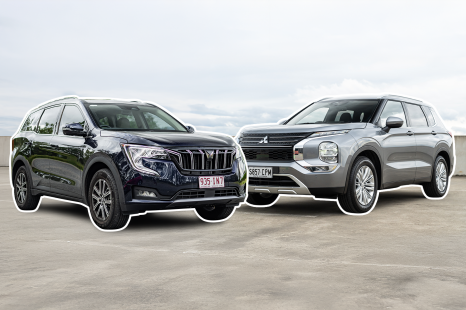

Andrew Maclean
18 Hours Ago
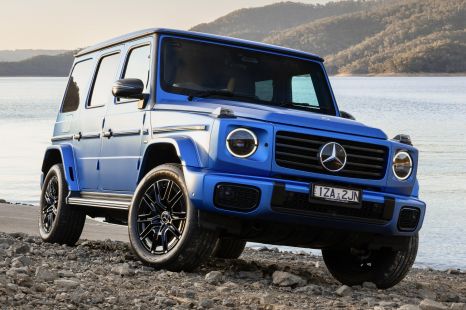

Max Davies
10 Hours Ago
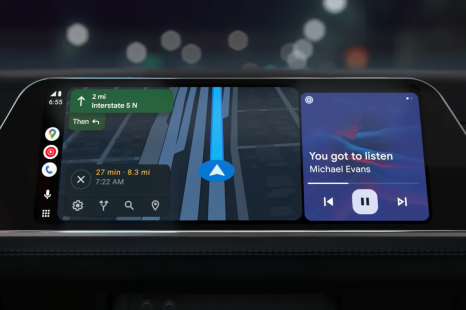

Derek Fung
9 Hours Ago